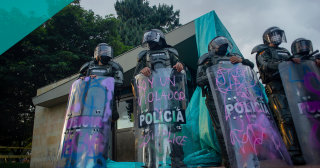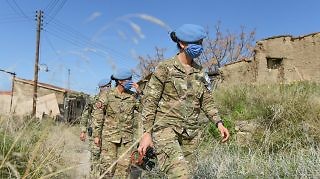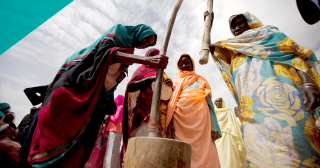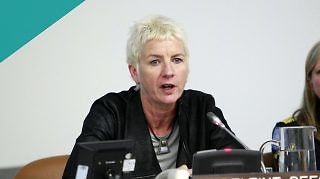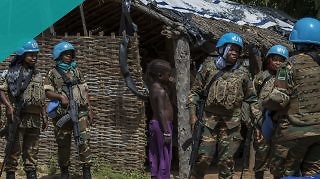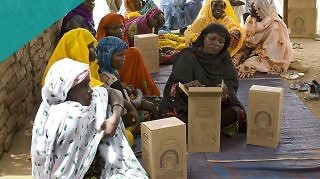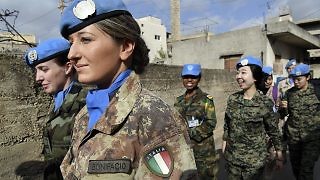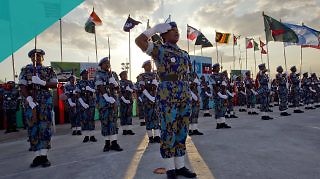WPS advocates must not allow gender to be instrumentalized within hypermasculine, hypermilitarized, and over-securitized approaches to security.
Author: Gretchen Baldwin
-
-
The UN, in its implementation of A4P+, must address the heavily masculine, exclusionary, and militarized structures which often preclude women (and anyone outside of a very particular gendered profile) from deploying.
-
The COVID-19 pandemic and growing recognition of climate-related security risks have presented the international community with an opportunity to reevaluate what is considered a threat to international peace and security, and how gender should be included in the response.
-
Madeleine Rees, secretary-general of the Women’s International League for Peace and Freedom, discusses the state of the WPS agenda and lessons for the COVID-19 pandemic.
-
Understanding the historical use of female engagement teams in peacekeeping will be critical as the UN standardizes its approach to and justification for using engagement platoons.
-
The 20th anniversary of resolution1325 is not just a moment to reflect on the past, but represents an opportunity to look toward the future.
-
A recent Security Council resolution is historic for the UN, peacekeeping, and women peacekeepers in several ways.
-
If women’s participation is to actually be meaningful, pushes to increase women’s participation should move beyond gender stereotypes and “add women and stir” calls for parity.
